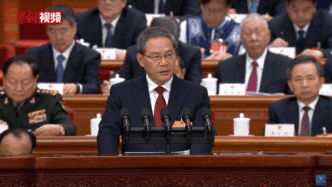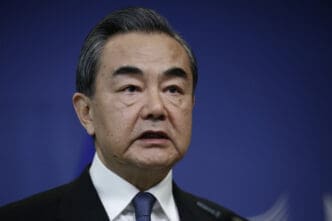In the wake of a month-long series of revenge attacks that claimed the lives of hundreds of Alawite civilians, the community remains in a state of fear with ongoing violence. Since the beginning of April, dozens more have been killed in smaller attacks. Once considered a privileged minority under the Alawite-led Assad regime, Alawites now face the threat of retribution from the Sunni majority following Bashar Assad’s ousting last year. Despite assurances from the new government to protect minority groups, a recent assault by Assad loyalists on security forces near Latakia triggered a counterattack severely affecting the Alawite population in the coastal region.
The Syrian Observatory for Human Rights, a UK-based watchdog, reported over 1,700 deaths in March, predominantly civilians. Although the government has not released official numbers, similar estimates have been provided by other human rights organizations. This marked the deadliest episode since the Islamist faction Hayat Tahrir al-Sham led an uprising that resulted in Assad’s downfall last December. Militants from Syria’s Sunni majority have reportedly engaged in widespread revenge killings, indiscriminately targeting Alawites.
Diana Semaan of Amnesty International, who conducted an investigation into the killings in Baniyas, noted that survivors and eyewitnesses recounted how militia inquired about individuals’ religious affiliations, blaming them for past grievances under Assad’s rule. Despite the absence of large-scale violence recently, incidents involving harassment and violence against Alawites persist. An individual from Latakia reported regular attacks targeting Alawites, most of whom had no ties to the former regime.
Further violence has spread from Latakia to Tartus province and even reached Homs city. Rami Abdurrahman, head of the Observatory, reported 42 fatalities due to sectarian violence since Eid el-Fitr on March 30. Activist Mohammed Saleh from Homs, who was imprisoned for 17 years under Assad, expressed concern about Syria’s potential shift from one form of dictatorship to another, stressing the need for inclusive security forces that protect all citizens.
In Tartus province’s Baniyas, a high school shared on social media the names of nearly 80 individuals, including students and teachers, who were killed in recent attacks. A video circulated online depicted two young men lying dead with their mother beside them, being chastised for their Alawite identity.
Fleeing the unrest, tens of thousands of Alawites have sought refuge in Lebanon, crossing unofficial border points amid challenging conditions. The United Nations refugee agency reported that approximately 30,000 Alawites arrived in Lebanon over the past month, seeking safety in various northern towns and villages.
The persistence of these attacks poses a significant challenge to the interim government, which pledged to establish an inclusive state and prosecute those responsible for current and past violations. Interim President Ahmad al-Sharaa has committed to justice for recent violence, initiating a committee to investigate the attacks, but the progress of this initiative remains unclear.
Impact on Daily Life
The ongoing violence against Alawites in Syria has profound implications for the community, both within the country and among those seeking refuge abroad. The sustained attacks exacerbate an already dire situation for Syrian minorities, highlighting the fragile nature of the country’s security and governance. For Alawites, daily life is marred by fear and uncertainty, hindering their ability to live safely and participate in social and economic activities.
The refugee influx into Lebanon places additional strain on already limited resources, impacting both the displaced individuals and host communities. The situation demands an urgent response to ensure the protection and integration of refugees, as well as adequate support for Lebanese communities hosting them. Long-term stability in the region hinges on the new government’s ability to enforce justice and foster an inclusive society, addressing the root causes of sectarian violence and promoting coexistence among diverse religious and ethnic groups.






